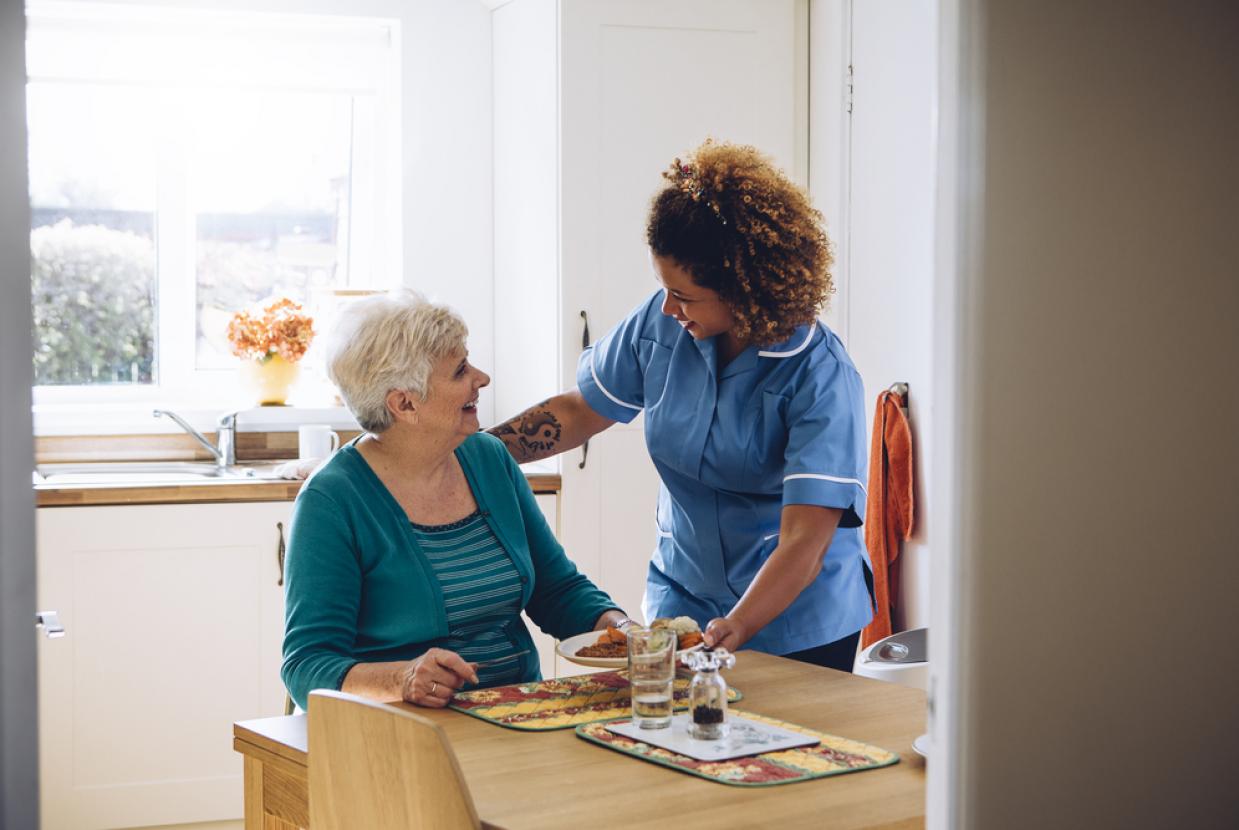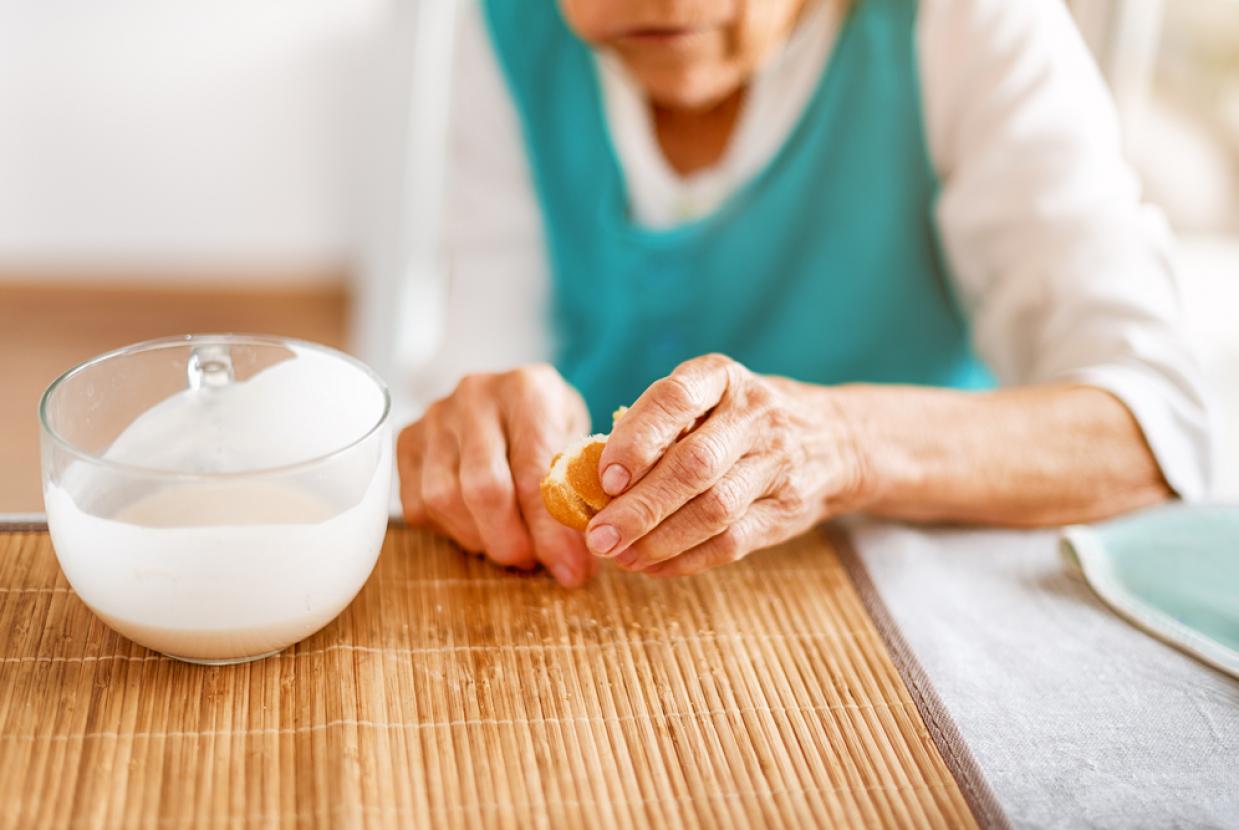Care & Support
If you're considering moving into a care home or looking for the best residence for your loved one, this can feel like a daunting decision. Our advice covers all the main things you need to know - from tips on how to find a good care home, to advice on funding.
Types of Care Homes
A care home is a place of residence that provides accommodation and personal care for people who need extra support in their daily lives. Personal care might include help with eating, washing, dressing, going to the toilet or taking medication.
Care homes may also offer social activities such as day trips or outings. Care homes are sometimes referred to as residential homes, and the care residents receive is called residential care.
Do I actually need a care home?
It may have been suggested that you need a care home, because of an accident or an increase in your need for daily support, but it may not necessarily be the right decision. In fact, there may be other options available. Make sure you look into all the options, seek advice, and make the right decision for you.
Some of the other options may be:
- adapting your home to make life easier
- getting some support to help you with things that are becoming difficult
- moving into sheltered housing, where you can live independently but with some level of support provided by the scheme
What different types of care home are there?
If you do decide that moving into a care home is the right option, there are several different types of care home for you to consider.
While all care homes offer accommodation and personal care, there are specialist types of care home that offer additional services for residents with greater needs
Type of care home | What they offer |
Care homes | Help with personal care, such as washing, dressing, taking medication and going to the toilet. They may also offer social activities such as day trips or outings. |
Nursing homes (Sometimes called care homes with nursing) | Personal care as well as assistance from qualified nurses. |
Care homes with dementia care Sometimes called elderly mentally ill (EMI) homes | They are designed to make people with dementia feel comfortable and safe. |
Dual-registered care homes | They accept residents who need both personal care and nursing care. This means that someone who initially just needs personal care but later needs nursing care won’t have to change homes. |
Care homes can be run by private companies, the health trust or voluntary organisations. For more information, click here.


















































